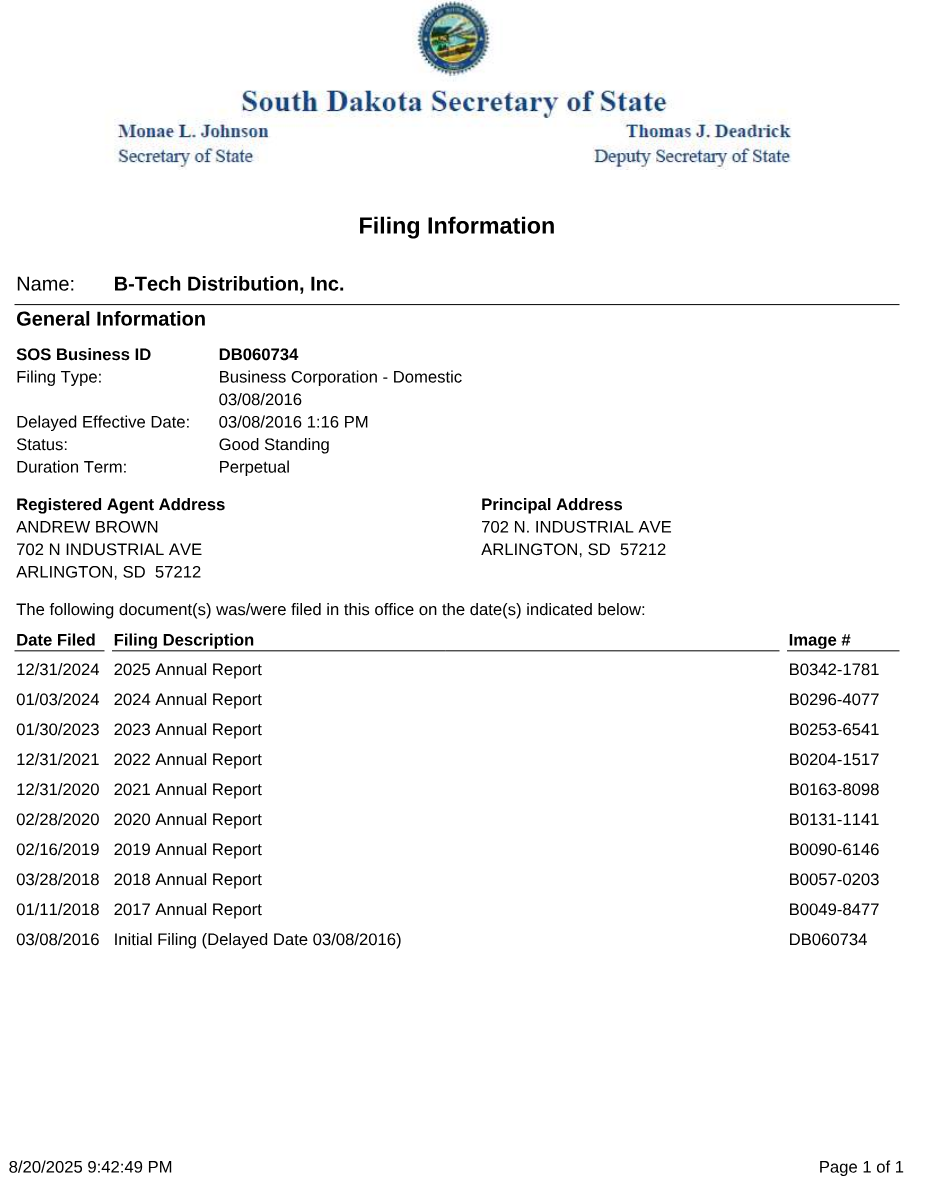

I’ll be honest that I’m real lazy on this and just let the wifi controller choose whatever it thinks is most sane (which hopefully accounts for neighbors and stuff as well). It re-scans nightly and moves if it needs to.
But I have 55 z-wave devices and 12 zigbee… So it should be readily apparent that I don’t have to worry that much about it.
Zigbee is basically all Vindstyrkas (5x, one per bedroom and on in the “Great” room) and outdoor philips light fixtures (6x). But that’s why I was interested and looked at this product. I have so many Vindstyrkas that I was curious if there was something better out there.





Sure… But does a typical household need this. My point was that I’m not sure that $170 for these sensors makes sense for me. And I suspect that most people are in the same boat as me. Maybe a sane answer for someone truly interested in the CO2 sensor and such for say 5 rooms is one of these in a central room and Vindstyrkas in the others. Otherwise you’re talking about $1150… Which most people just aren’t going to do.